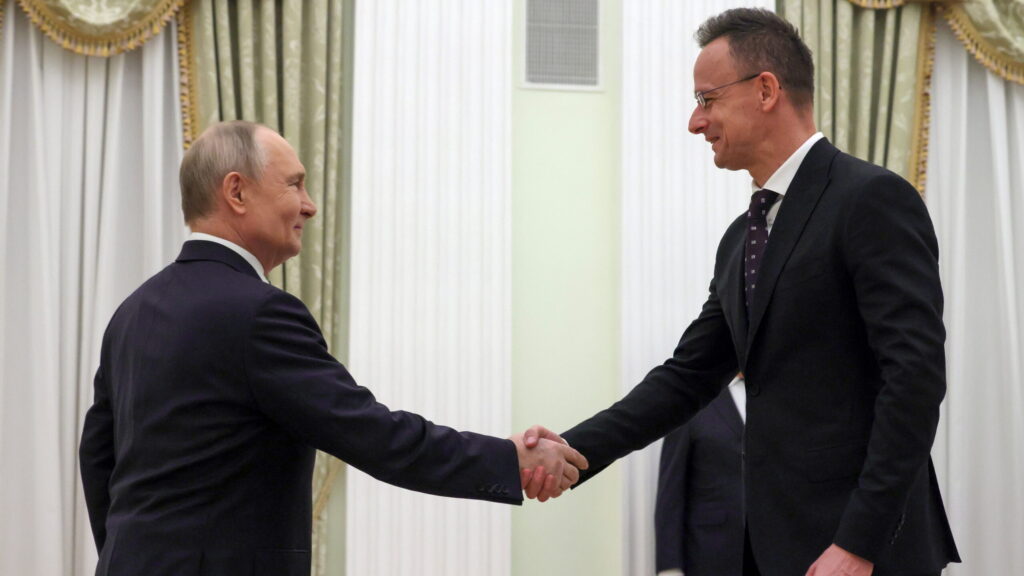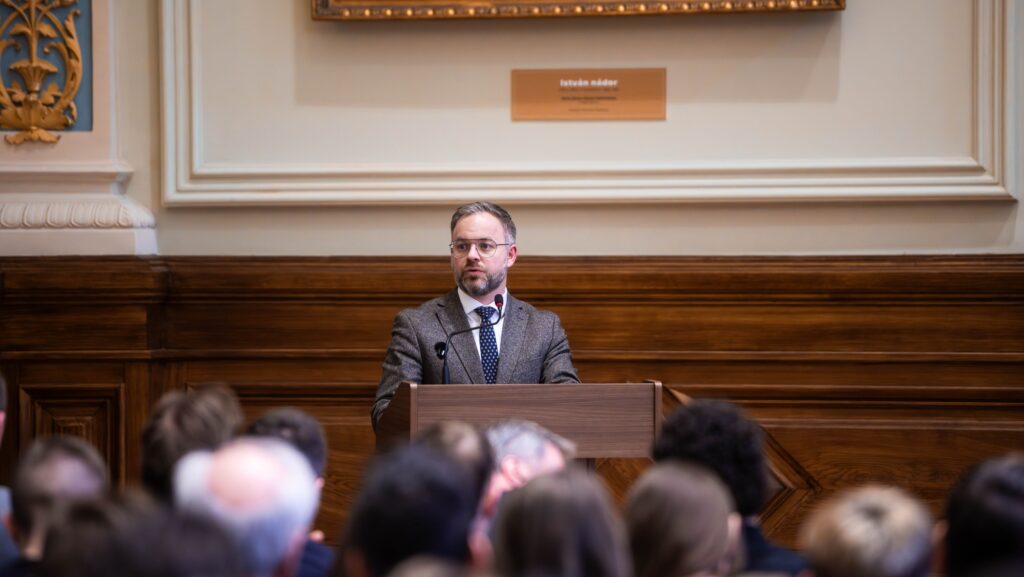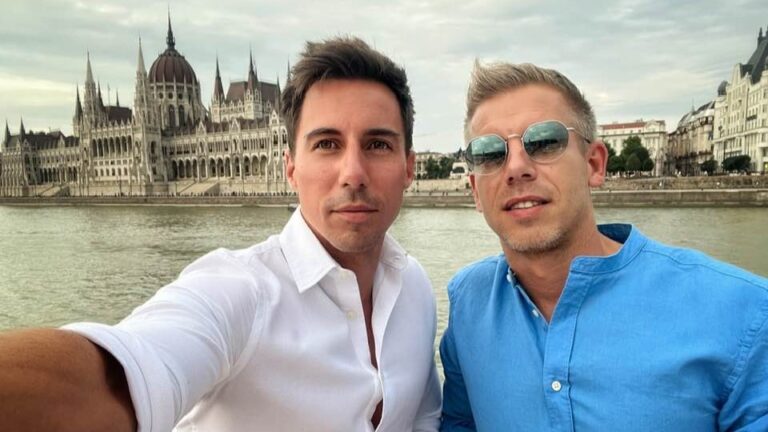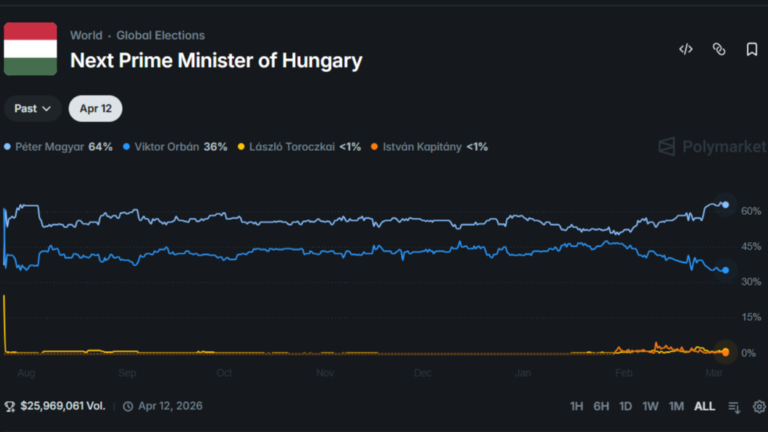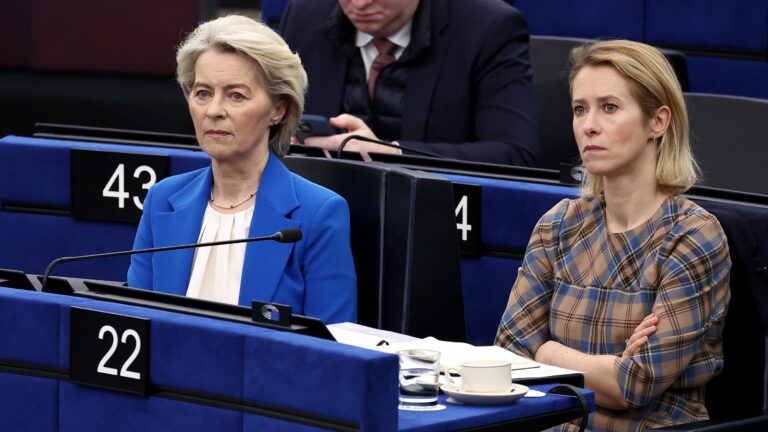French President Emmanuel Macron recently labelled Russian President Vladimir Putin ‘an ogre at our gates’, a statement that caused outrage in Moscow. Just two days ago, Finnish Foreign Minister Elina Valtonen said that ‘the freedom-loving world should now focus on truly curing the cancer rather than merely killing the pain,’ referring to Russia.
For those who have followed the Russo–Ukrainian war since its outset, such rhetoric toward Russians is not new. Dehumanizing phrases, such as calling Russians ‘orcs’, are common in leftist echo chambers like Reddit. What is new, however, is that Western European leaders had until now largely avoided this kind of rhetoric—a boundary that Macron crossed with his ‘ogre’ remark.
Elina Valtonen on X (formerly Twitter): “When it comes to Russia, the freedom-loving world should now focus on truly curing the cancer rather than merely killing the pain.To achieve peace in Ukraine, we must step up our pressure on Putin.My comments at the doorstep of the EU Foreign Ministers’ Meeting. pic.twitter.com/IgRKurLe2g / X”
When it comes to Russia, the freedom-loving world should now focus on truly curing the cancer rather than merely killing the pain.To achieve peace in Ukraine, we must step up our pressure on Putin.My comments at the doorstep of the EU Foreign Ministers’ Meeting. pic.twitter.com/IgRKurLe2g
Paving the Way for Military Intervention?
Dehumanizing perceived or real enemies has long been a political tactic, as it creates a common enemy against which people can unite. For example, in 1938 Adolf Hitler praised compatriots who ‘cleansed Germany of all those parasites,’ a statement chillingly similar to Valtonen’s comparison of Russia to cancer.
Dehumanization also paves the way for radical measures against the designated enemy—in this case, Russia. It is no coincidence that Macron chose this moment to call Putin an ogre. It increasingly seems that US President Donald Trump’s peace push has once again stalled, as Putin appears unwilling to meet Ukrainian President Volodymyr Zelenskyy—a summit identified as the next step in the peace process.
‘European leaders are trying to pave the way for stricter measures, ultimately for the deployment of European troops against Russia’
Meanwhile, European leaders have intensified their war rhetoric and are considering harsher measures against Moscow, including deploying European troops in Ukraine, as European Commission President Ursula von der Leyen has recently suggested.
This prospect is, of course, deeply unpopular among European citizens. Here is where dehumanization enters the picture. Psychological studies show that dehumanization lowers the psychological barriers to harming others and erodes natural empathy—once a group is framed as inhuman or morally inferior, violence against them becomes easier to justify. This is precisely what is happening now: European leaders are trying to pave the way for stricter measures, ultimately for the deployment of European troops against Russia. Fear and hostility within the in-group fuel harsher policies, perpetuating the cycle of exclusion and aggression.
The Case of Anne Applebaum and Western Hypocrisy
Given all this, one must ask: where is the supposed moral high ground of Western society? Why are politicians, journalists, and scholars not raising their voices against Macron’s statement? Why is the dehumanization of Russians tolerated—especially in a situation where such rhetoric is clearly being used to prepare the ground for military intervention that could potentially lead to World War III?
The answer is simple: hypocrisy. This too is nothing new, and has been discussed many times on the columns of Hungarian Conservative. But since the outbreak of the war in Ukraine, Western hypocrisy has become even more blatant.
Most of the arguments against dehumanization mentioned above—including the historical example of Hitler’s statement in 1938—were made by none other than Anne Applebaum, one of the most influential leftist journalists and historians. In an October 2024 article in The Atlantic, Applebaum argued that Donald Trump’s rhetoric during the presidential campaign increasingly resembled that of 20th-century authoritarian regimes. She described this trend as both historically significant and dangerous in modern American politics.
‘That silence is not only deeply hypocritical but also profoundly dangerous, given the current circumstances’
In the article, Applebaum criticized Trump for labelling Democrats ‘radical-left thugs who like vermin’, and for portraying immigrants as ‘poisoning the blood of our country.’ She pointed out that the term ‘vermin’ first appeared in political discourse in the 1930s, when fascists and communists dehumanized their opponents by comparing them to parasites, weeds, insects, or diseases. She stressed that such language had been ‘virtually unprecedented’ in US politics until Trump.
Applebaum then warned that when leaders describe groups as diseases, parasites, or vermin, it becomes easier to justify stripping them of rights, excluding them, or using violence against them. ‘Such rhetoric dismantles democratic norms and tests whether American political culture can resist authoritarian demagoguery,’ she argued.
Now, correct me if I am mistaken, but I do not see much difference between labelling political opponents ‘vermin’ and calling them ‘ogres’, nor between warning of immigrants ‘poisoning the blood of our country’ and comparing Russia to ‘cancer’. What I also do not see is any outcry from Applebaum or other leftist and mainstream journalists and scholars against the dehumanizing statements of European politicians about Russians. What I do see, however, is complicit silence—or even the amplification of such statements in the mainstream media. That silence is not only deeply hypocritical but also profoundly dangerous, given the current circumstances.
Related articles:


